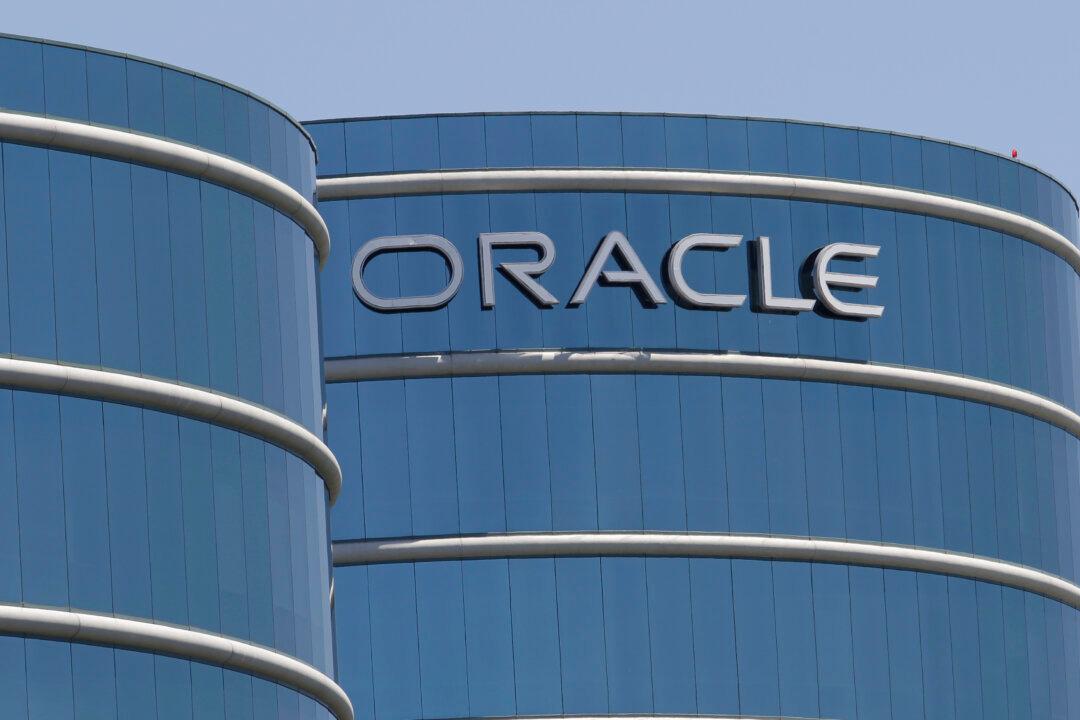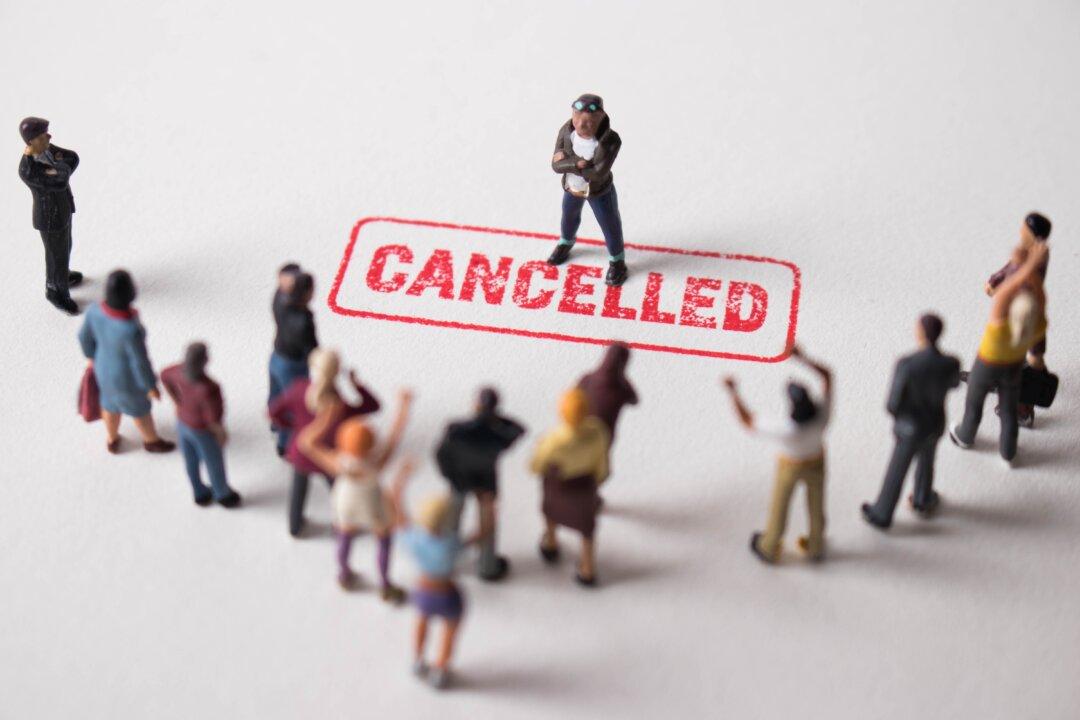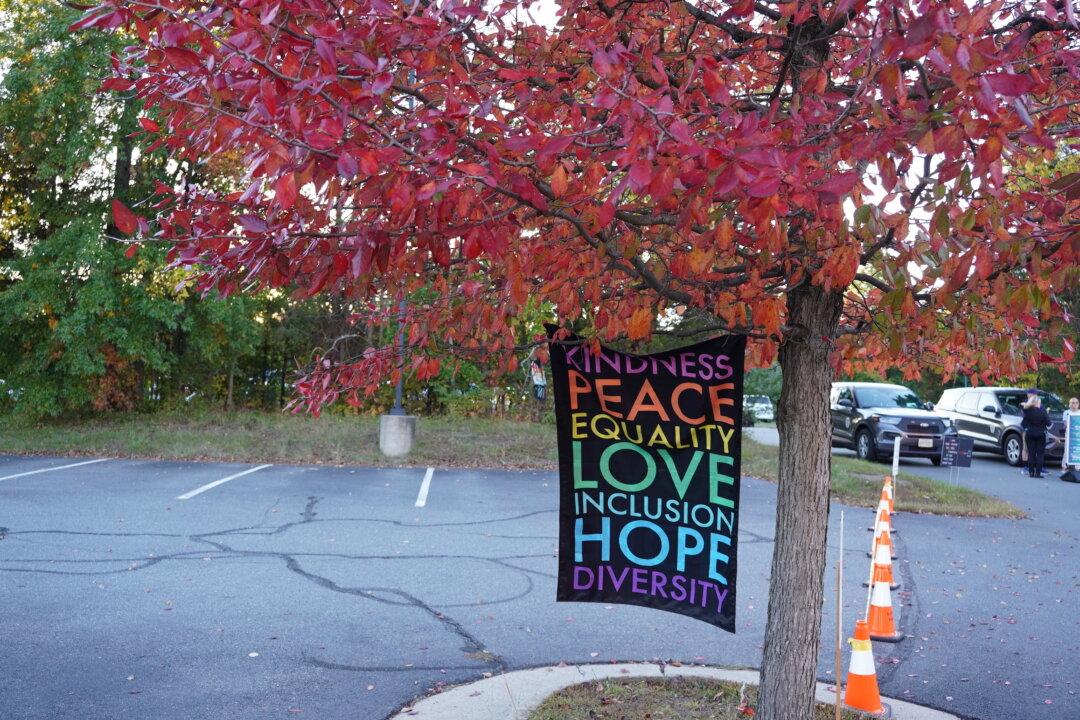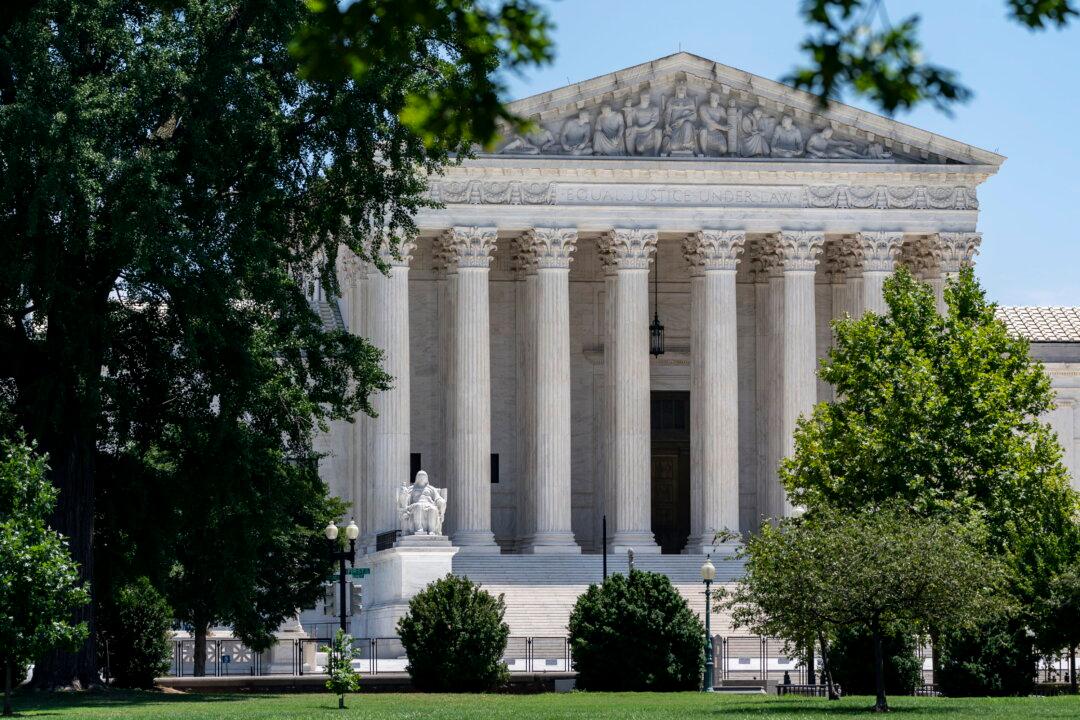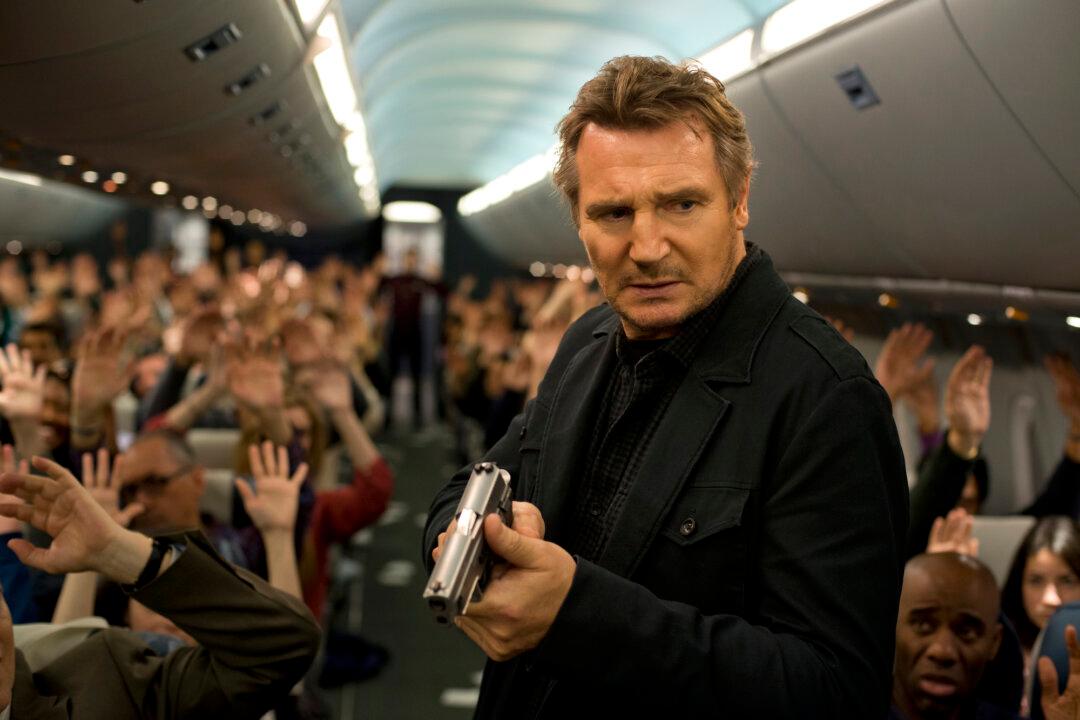Commentary
This week, the Supreme Court is hearing oral arguments on a case that relatively few Americans know or care about, but they should. Two tech giants are facing off in a decade-long case involving copied software code and a claim of $9 billion in damages.
